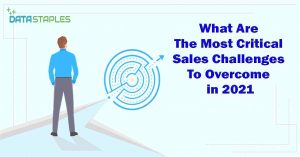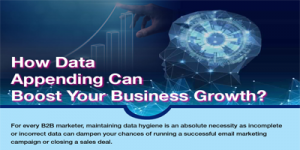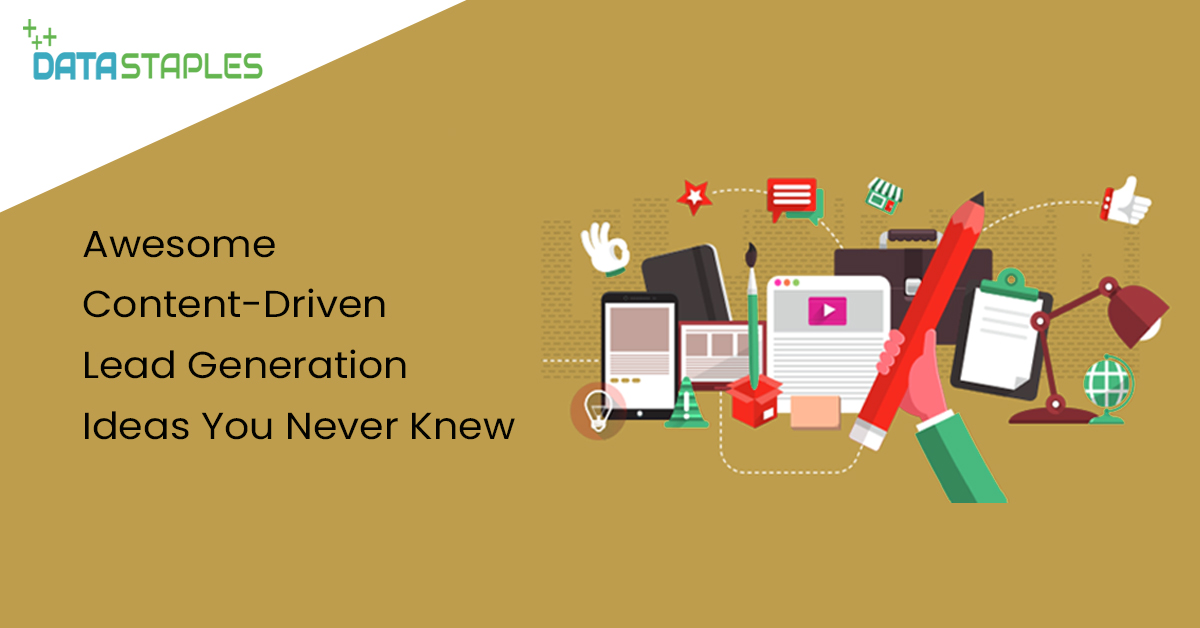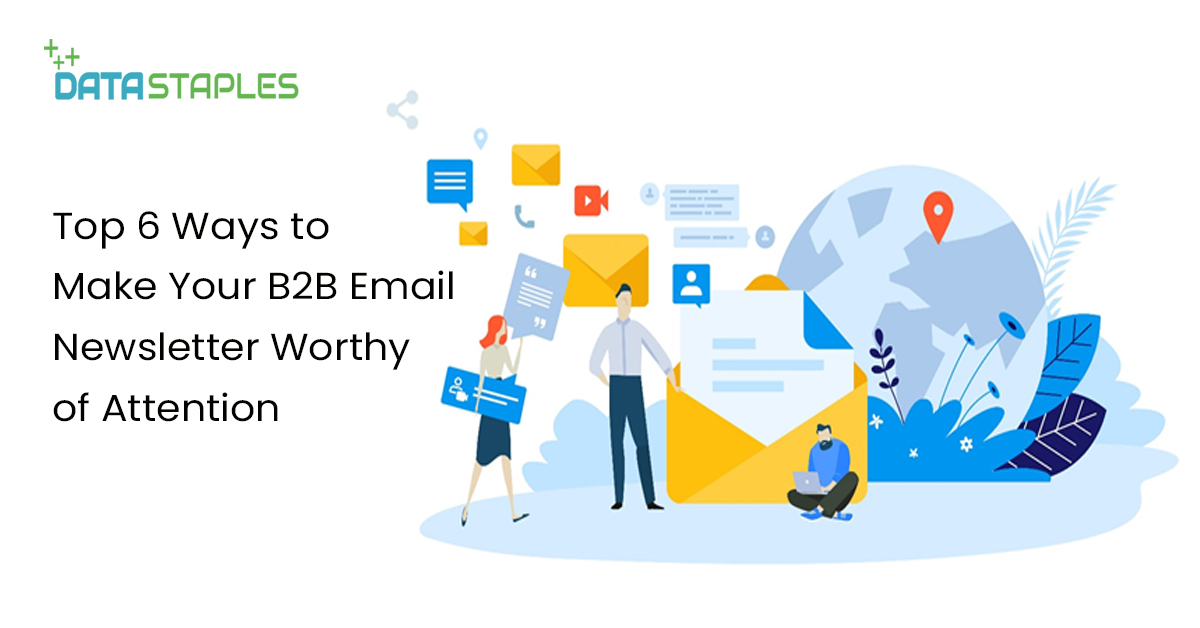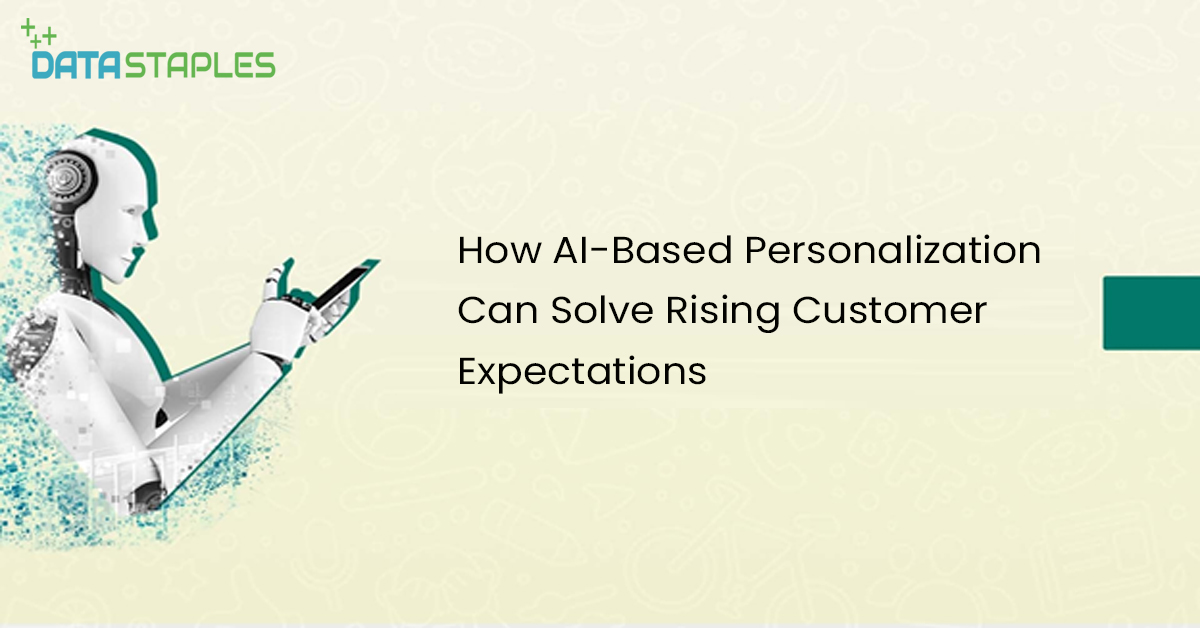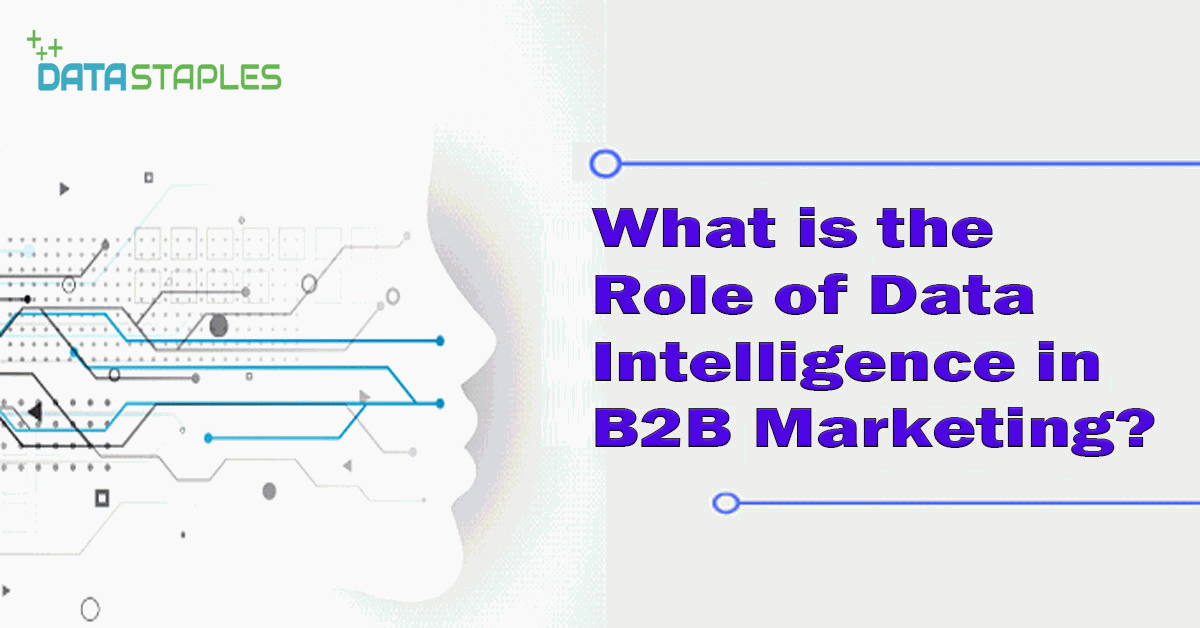
What is the Role of Data Intelligence in B2B Marketing?
Introduction
In today’s modern world, data is becoming increasingly important in sales and marketing. By harnessing its power, most of the firms understand the changing consumer preferences, industry dynamics, and demand. As we have seen so many examples of how technology being used to enhance various aspects of our lives, in the same way, data intelligence can also be effectively used to improve the performance of a company’s B2B marketing efforts. This blog discusses the main aspects and role of data intelligence in B2B marketing.
Nowadays, Big Data, Business Analytics, Artificial Intelligence, Machine Learning – are the latest buzz words. We keep on hearing these words as these technologies have taken over every aspect of our lives today. How could they not have impacted the segment of B2B Marketing? Yes, they have, but to varying degrees. Let us pick one out of the – data intelligence – and see what role it has in B2B marketing.
What is Data Intelligence?
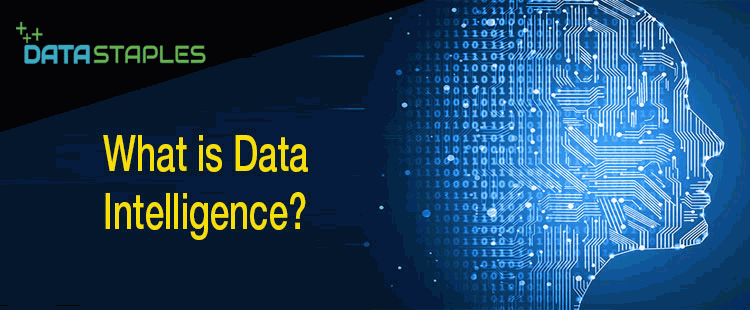
It becomes much easier to understand data intelligence if we exclude it from the narrow scope of Digital Marketing as we addressed in the previous paragraph. It’s the collection of all the procedures, practices, and resources that an organization might employ to make full use of the available data, it collects, whether actively or passively. The end result, or expected outcome, of this exercise, is that you will be able to make better business decisions in the future.
Types of Data Intelligence
- Account Data Intelligence
Data related to account-based marketing, such as defining prospects and building an insightful hierarchy of consumers, recommenders, and decision-makers, is included in Account Data Intelligence. This is especially relevant in B2B businesses.
- Buyer Intent Data Intelligence
Buyer Intent Data Intelligence reveals – what and why a potential buyer is involved in buying. This, combined with data that offers accurate insight on customer journeys, will assist marketing teams in identifying new opportunities.
Let’s take a look at some of the ways data intelligence can be used profitably in B2B marketing.
Lead Generation
In today’s content-driven world, data is the powerhouse. It helps businesses to support marketing strategies, target clients, make better business decisions and predict future outcomes. One of the most exciting aspects of being a data-driven company is the ability to optimize anything from the top to the bottom of the sales funnel – and lead generation is no exception here.
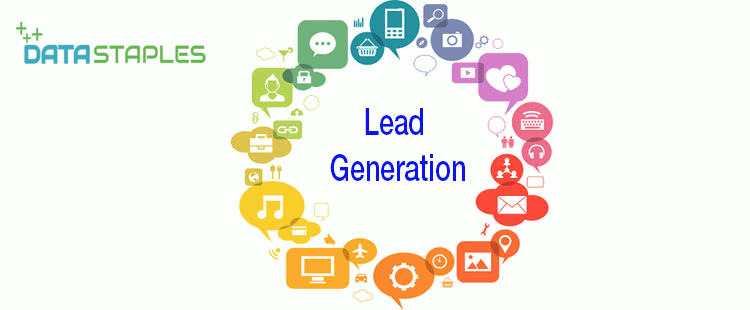
Most of the executive sales leaders deployed a data intelligence solution to improve their ability to pursue ideal customer profiles and buying group personas. Using intent data and real-time firmographics, most of the marketers were able to improve the quality and quantity of leads generated.
Segmentation
Let’s look at a company that makes medical implants as an example. There are many segments for which B2B marketing is needed. Furthermore, it would need to reach out to clinics, pharmacies, physicians, physiotherapy centers, and possibly even medical colleges and nursing institutes to connect with the medical executives.

The collection of available and up-to-date information about all potential clients will aid this company in properly segmenting its target groups and then implementing its messaging. The universal group of marketing messaging recipients could be divided into smaller clusters based on common interests.
Social Media Management
More than 80% of C-level and VP-level buyers agree that social media has influenced their procurement and buying decisions. That is why companies should look to improve the effectiveness of their B2B marketing campaigns by using not only social media marketing but also data intelligence.
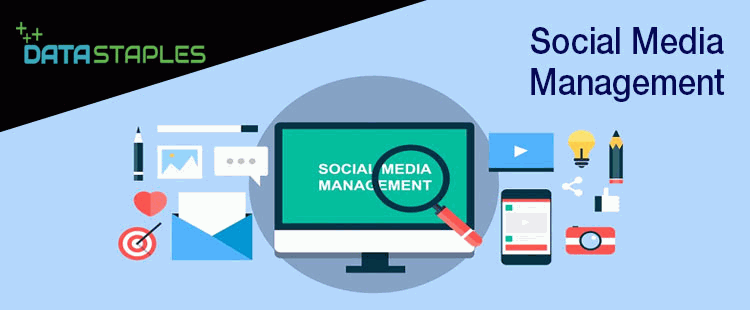
The right usage of data intelligence will aid in comprehending the dynamics of your previous posts/tweets and determining what people liked and didn’t like. Data intelligence would not only provide you with useful information about your own content, but it would also allow you to see what your potential B2B clients or partners are talking about.
Customer Relationship Management
The majority of companies use B2B marketing to acquire new customers. However, they continue to lose current clients at the same rate because they are unable to allocate sufficient efforts to them. Data intelligence will help to fulfill this need in a long way.
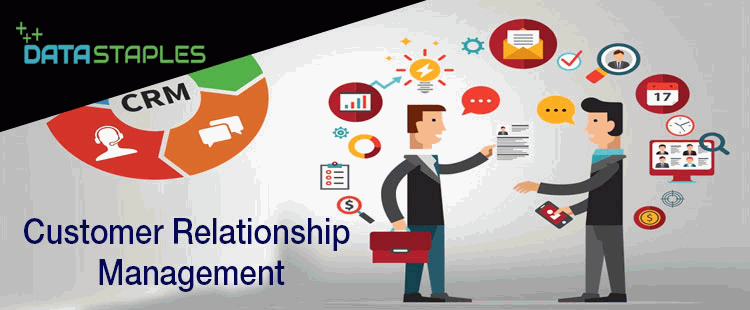
Let’s continue to work on the same example of a medical implant manufacturer we used earlier. The company may have sold a few implants to a hospital two years ago, but they haven’t received any orders since last year. This should have alarmed some people, but everyone was too preoccupied with getting to know the new potential customers. Proper data obtained two years ago during new customer onboarding may have given the company some insight into the reasons why the hospital had drifted away.
Provides Unified View of Customers
Customers interact with businesses through a number of platforms, including the website, email, phone, social media, and more. Customer data is propagating from all of these various outlets. Data Intelligence aids in the consolidation, integration, and analysis of data, as well as the provision of insights gained from it.
Data-Driven Decision Making
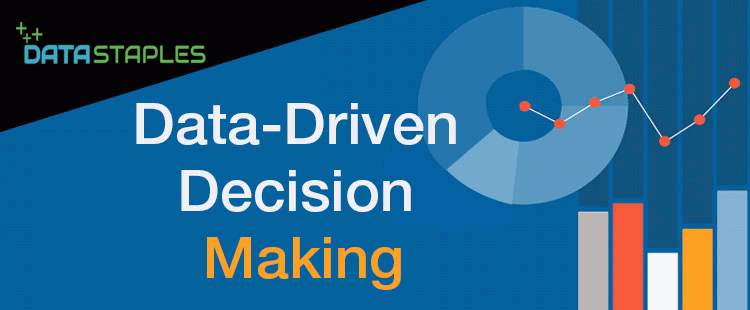
The use of data intelligence fosters a data-driven decision-making culture. It helps businesses understand their strengths, competitive advantages, and potential gaps in the future. It assists them in focusing and prioritizing their commitment and effort in the right direction, resulting in a higher return on investment.
Improved Customer Profiling
Customer profiling allows companies and marketers to gain a deeper understanding of their target demographic and group them together based on similar traits and behaviors.
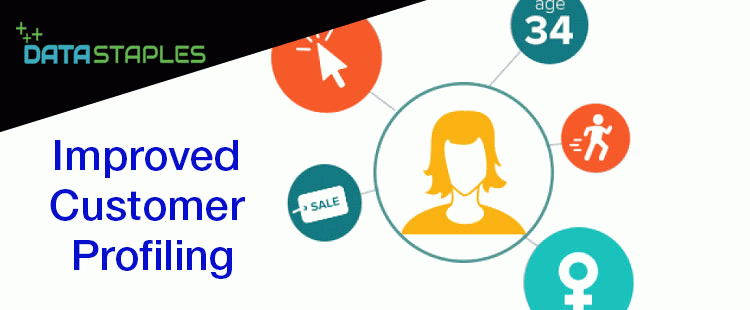
Businesses will be able to segment and identify customers based on demographics, shopping habits, product and service experience, and much more. Businesses can make informed decisions about the goods and services they offer by having a holistic view of their consumers’ needs, purchases, and buying habits.
Personalized Marketing
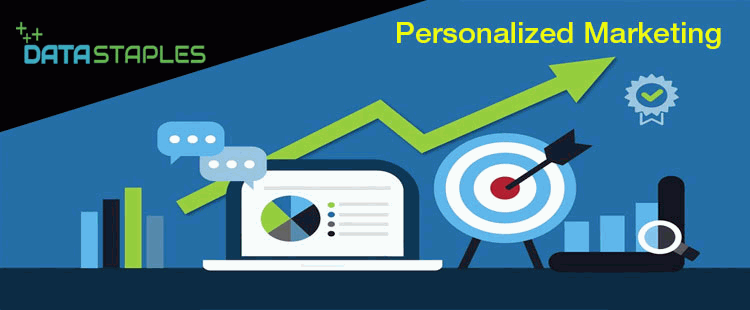
Data intelligence gives advertisers a lot of information about their customers’ shopping habits and preferences. It assists businesses in gaining a better understanding of how customers in various segments act, their tastes, and their inclination to react to marketing offers and discounts. This allows b2b marketers to customize their content to meet unique consumer needs at the right time and through the channel of their choice.
Drive Effective Marketing Campaigns
When data is unified, cleaned, and paired with intelligent analysis, it provides marketing capabilities with actionable information. Manual analysis can only provide fragmented perspectives and is highly dependent on the analyzer’s abilities. Marketing data intelligence tools can assist marketers in identifying activities that have the highest potential ROI on a regular basis.
Conclusion
And at last, data intelligence is more than just a buzzword for AI, machine learning, and big data. Data intelligence is becoming a must-have tool for all types of organizations and companies. Its ability to digest vast volumes of data and draw precise conclusions, as well as its importance in managing data intelligently can help companies gain insight into creative, beneficial strategies for the future.
In order to have successful marketing tactics, a wide variety of businesses today must evaluate millions of interactions and data points on a regular basis. Retailers and e-commerce firms, as well as marketing teams in the technology, computer software, retail, e-commerce, healthcare, finance and banking, pharmaceutical, and telecommunications sectors, will all benefit from Data Intelligence solutions.

